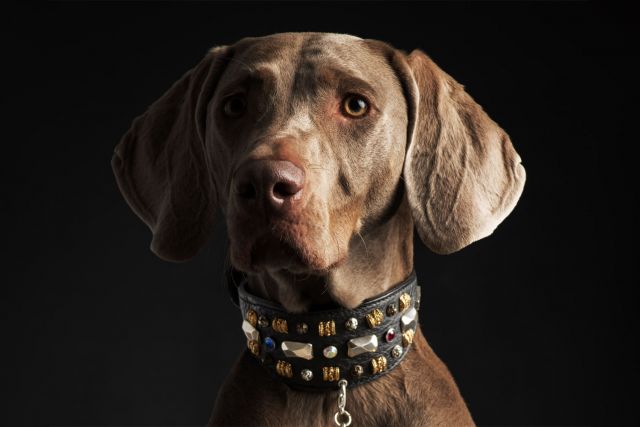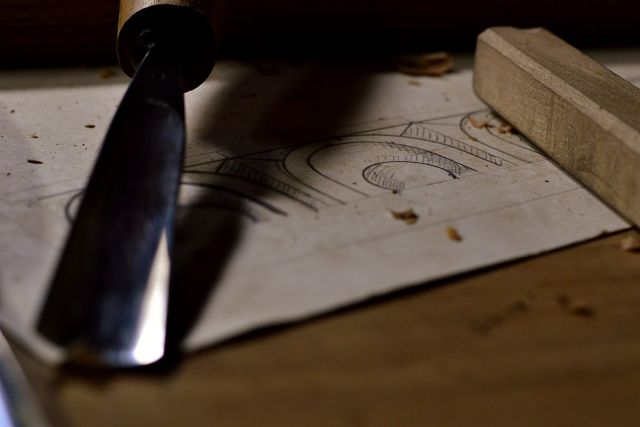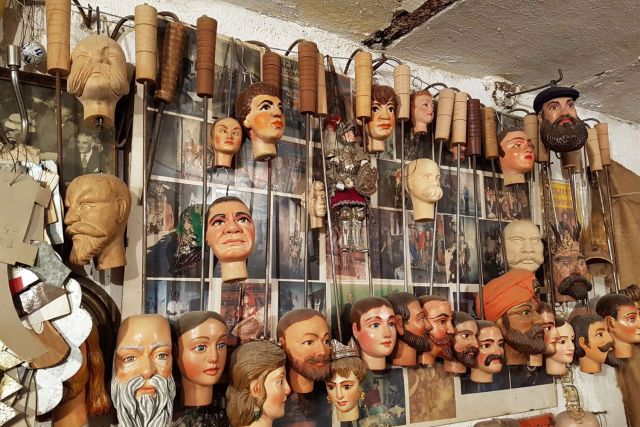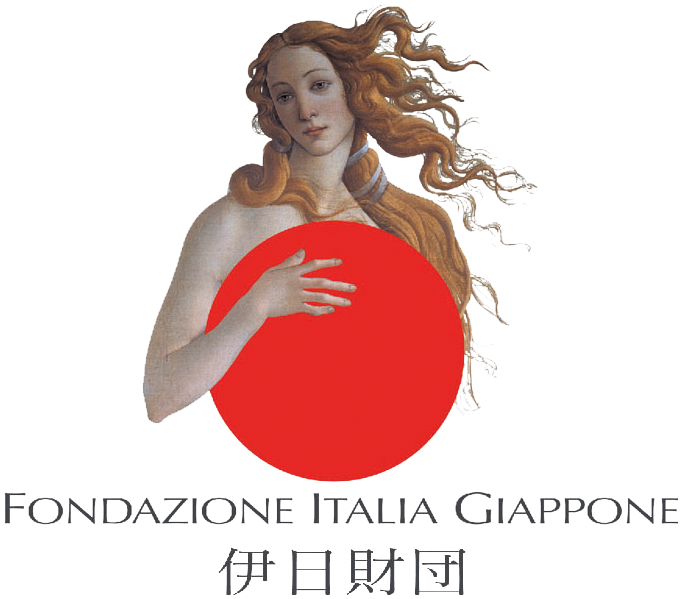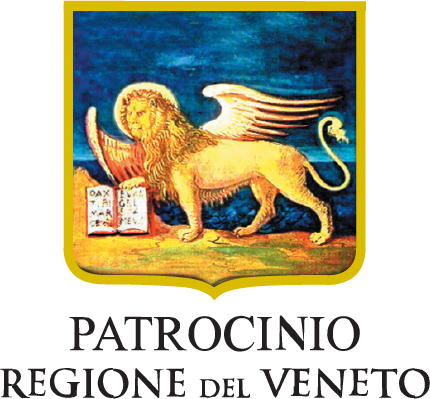This is a pasta knife handcrafted in steel with a wooden handle. It was conceived as a combination of two types of Japanese knifes, the gyuto and the menkiri.
Length 27 cm
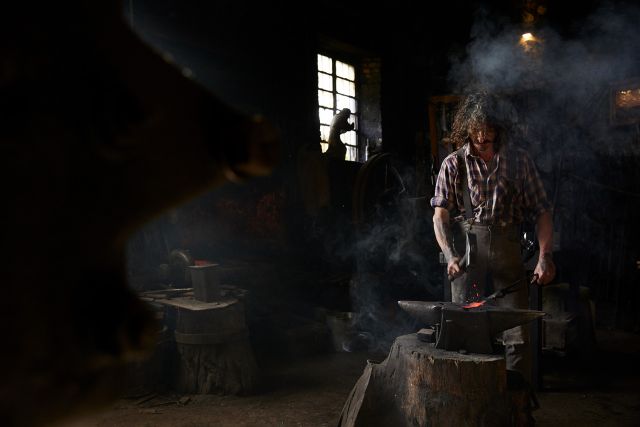
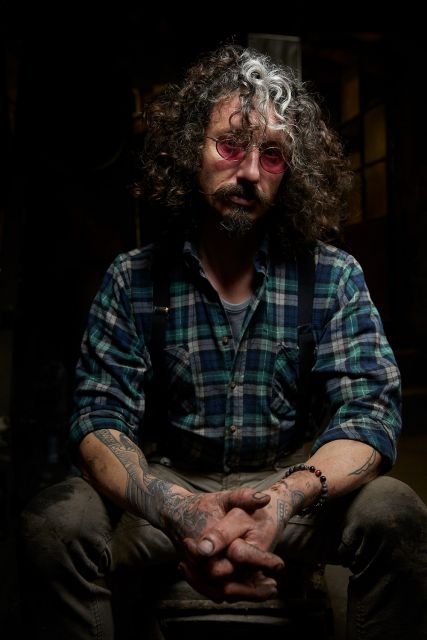
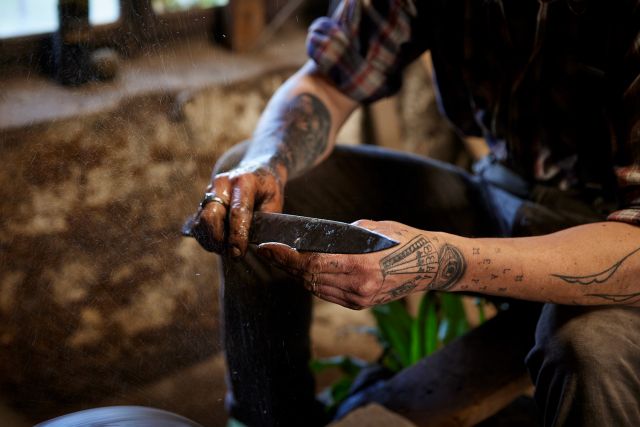
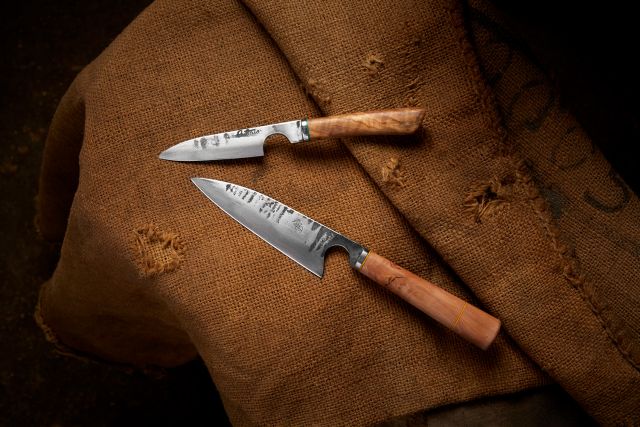
Michele Massaro
- L'Antica Forgia Lenarduzzi
- Knife maker
- Maniago, Italy
- Rising Star
By appointment only
+39 3516230711
For the blacksmiths of yore
- • Michele makes knives and has a waiting list of three years
- • His clients are renowned chefs
- • Blacksmithing was originally his hobby
Michele Massaro's hometown, Maniago, has a long tradition of blacksmithing that dates back to 1400. L'Antica Forgia Lenarduzzi, Michele's workshop, is a world from another era. The stone walls of the small building by the river are covered with forged tools from previous centuries. Agricultural tools sit with other manual instruments like knives and scissors. Michele took over this small forge in 2015. He powers several of his machines on the water wheel, including the forging machine that gives his knives their distinctive brut de forge. "There used to be up to 50 people working here, but now I am mostly alone." Traditionally, each task at the forge was carried out by a different person and Michele learned his craft by observing each one.
Read the full interviewWorks
Photo: ©Michele Massaro

Photo: ©Michele Massaro
This is one of Michele Massaro's pasta knives handcrafted in steel with a wooden handle. It was conceived as a combination of two types of Japanese knives, the gyuto and the menkiri.
Length 18 cm

Photo: ©Michele Massaro
Here is a serving knife in steel with gold and bronze engravings. It comes with an elegant custom leather case.
Length 20 cm

Photo: ©Michele Massaro
This is a typical gyuto knife made in steel with a boxwood handle and gold engraving.
Length 25 cm

Photo: ©Michele Massaro
This typical gyuto knife is handcrafted in steel and Macassar ebony wood.
Length 18 cm





